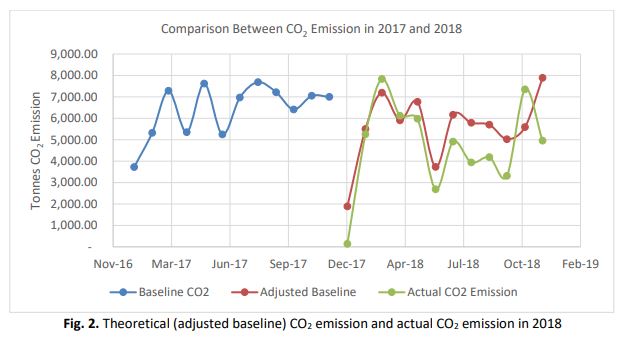Carbon Emission Reduction Strategies through Cleaner Production at Coconut Milk Processing Plant
DOI:
https://doi.org/10.37934/arfmts.90.1.146153Keywords:
Cleaner production, green industry, statistical analysisAbstract
The manufacturing industry is one of the most influential sectors contributing to greenhouse gas emissions. As the manufacturing industry strives to achieve its profit goal, most of them face various circumstances to control the rising carbon emissions from the energy, raw material consumption, and waste generations due to production activities. Therefore, it is difficult to quantify the amount of carbon emission reduction if the adjustment is not established according to the manufacturing output. This research concentrates on evaluating energy consumption and waste generation using a statistical approach by a coconut milk processing plant. This research aims to estimate the reduction of greenhouse gas emissions, mainly carbon dioxide (CO2). The baseline models of energy consumptions and waste generations were constructed using single and multiple linear regression methods. Besides, it investigates the performance of ultimate models of electrical consumption, water consumption, fuel consumption, solid waste generation, and wastewater generations using statistical analysis that involves coefficient of correlation, coefficient of determination, analysis of variance (ANOVA), etc. It indicates that with the implementation of the cleaner production (CP) strategy, the plant had reduced 10,474.94 tons of CO2 and 2,579.67 tons of CO2 in 2018 and 2019, respectively. This study is an aid to the management and engineers of the industry to investigate their accomplishment in reducing environmental impacts caused by production activities from any implementation made such as CP and green industry practices.
Downloads

































